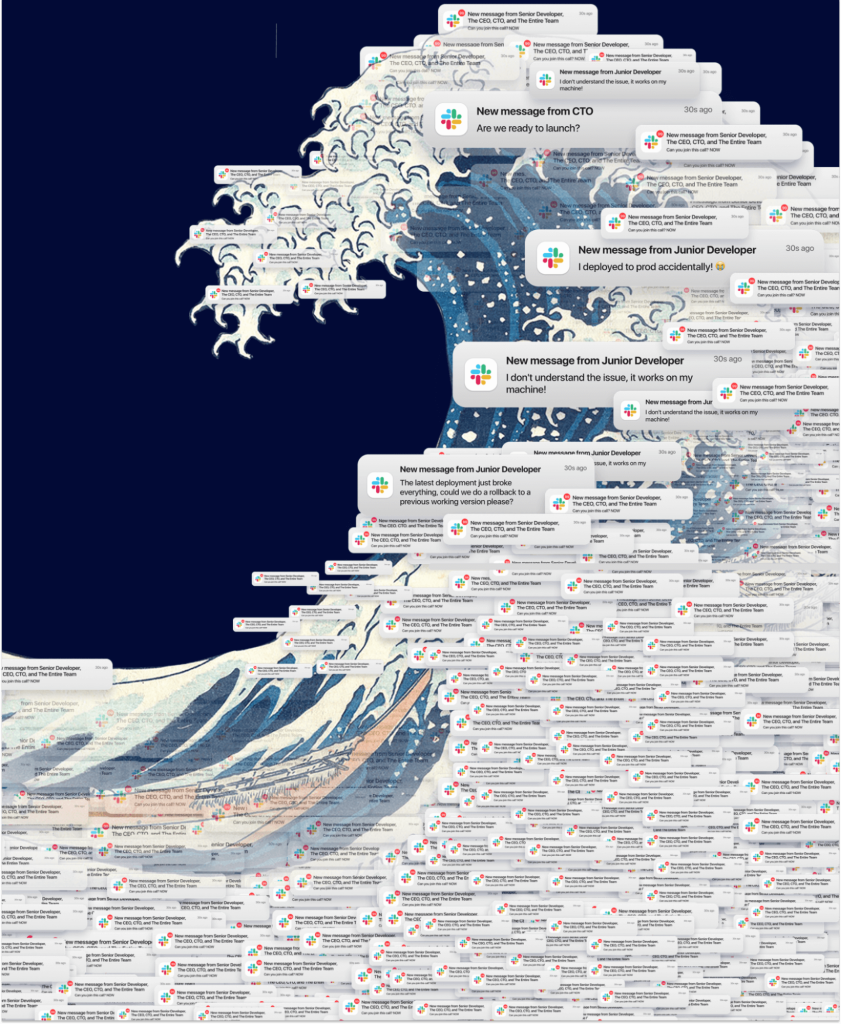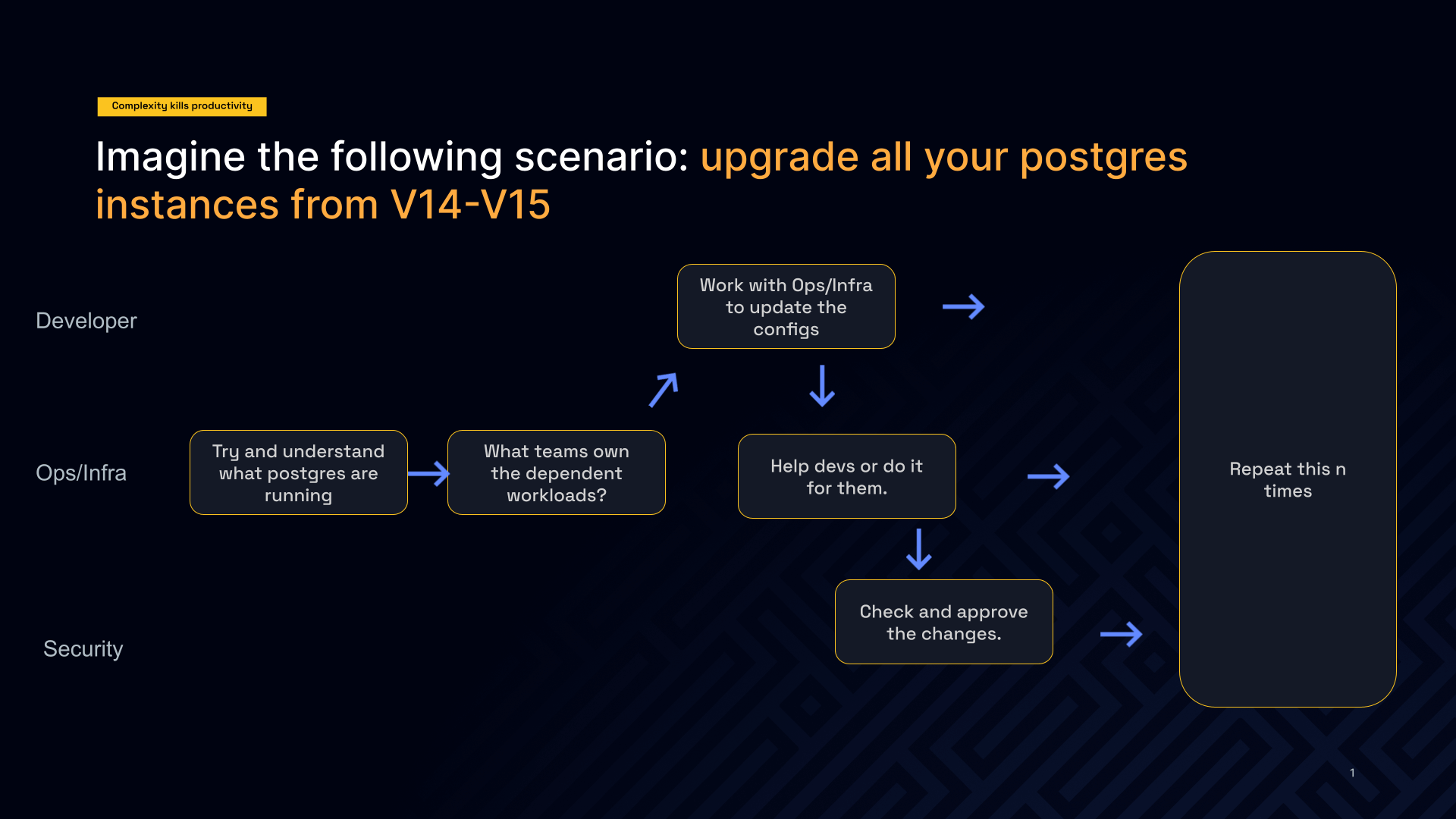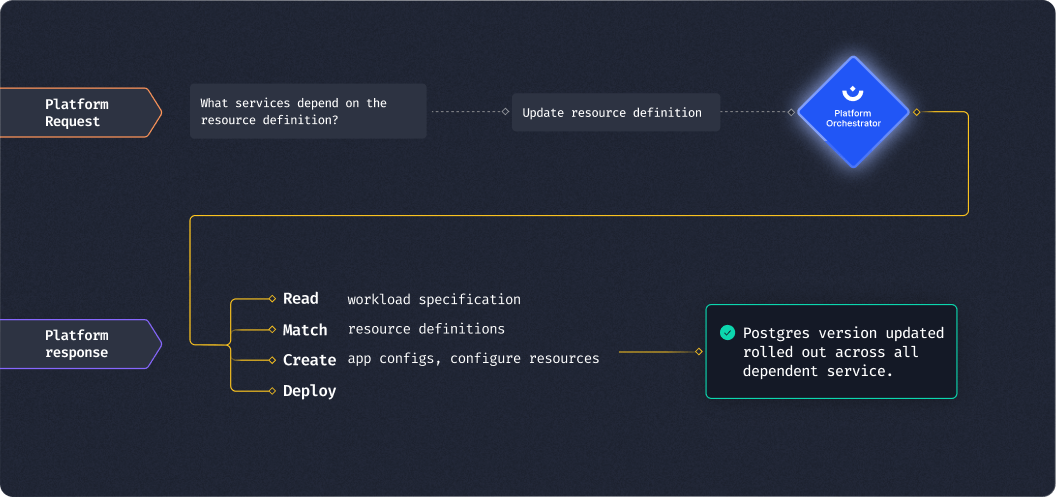
Infrastructure teams will benefit greatly from a significant increase in standardization and automation—no more work orders required.
Translated from This Is Why Infra Teams Should Care About Platform Engineering , author Luca Galante.
Increasingly, infrastructure teams, especially in enterprises, are under increasing pressure, leading many engineering organizations to the brink of operational collapse. Most of these infrastructure teams were tasked with modernization and cloud migration initiatives years ago, and those initiatives often fell by the wayside.
Now, they need to manage both on-premises and cloud setups while competing with cloud provider consoles that promise to enable developer self-service. Of course, developer self-service is not possible through any such console, and infrastructure teams end up having to deal with an ever-increasing number of developer requests and tickets.
Developers complain about long wait times and the high cognitive load of dealing with the increasingly complex cloud-native toolchain. Time to market is lengthening, which executives blame on infrastructure teams becoming a bottleneck.
This may sound overly familiar to most people. But here’s the interesting thing: Over the past few years, platform engineering has promised to solve many of these problems, enabling true developer self-service at scale—rather than just adding a UI layer on top of infrastructure—while easing the underlying Pressure on facilities teams. However, many infrastructure teams I talk to don’t seem to see platform engineering as a solution to their problems. Why?
Because they immediately associate it with developer experience (DevEx), which is not really what interests them. After all, as an infrastructure team you have to worry about infrastructure and service delivery, so why should you care?
Because by providing your developers with an in-house developer platform (IDP) , you can both eliminate their wait time and prevent the wave of ticket actions. You can actually focus on important things like adding new resources and infrastructure (and, let's be honest, more fun) instead of having to spin up the Nth instance of the same Postgres DB. You should care because in management's eyes you move from being part of the problem (being the bottleneck) to being part of the solution.
Infrastructure + Platform Engineering = Infrastructure Platform Engineering
Platform engineering is about bringing together all the technologies and tools circulating in an enterprise organization and bundling them into golden paths, enabling developer self-service and removing cognitive load from individual contributors. Gartner then defines infrastructure platform engineering as “the discipline of building internal software products [IDPs] that expose IT infrastructure to users or other platforms in an easy-to-consume manner.”
Therefore, in order for your platform engineering program to be successful, it is critical to establish clear lines of communication between your platform team and existing infrastructure teams. Platform engineering is more than just DevEx, the infrastructure side of things is just as important as the application side or developer interface. Infrastructure platform engineers play a key role on your platform team.
Platform engineering teams have a huge opportunity here to create a unified experience for developers regardless of the resources they want to consume, whether from the cloud provider, the infrastructure team, or both. An enterprise-grade IDP naturally standardizes the consumption of such resources, thereby increasing efficiency, improving security, and enhancing compliance with any internal or external providers.
This is a huge unlock not only for developers, but also for infrastructure teams. An IDP built with Platform Orchestrator introduces a level of standardization and automation that can make your life as an infrastructure team more enjoyable.
For example, suppose you need to upgrade Postgres from Vx to Vx+1, and you need to do this across all application development teams. Without an IDP, you'd have to go to each team, find out which instance they were running on, and map it all out. You then have to go back and upgrade, usually with individual teams and unique to each instance.
Using a well-built IDP ( Platform Orchestrator as backend ) you can simply update a file (resource definition) and the next time any team deploys its workload, the newer resource version will be automatically used.
This is standardized by design across all teams and workflows while completely moving away from ticket actions, allowing you to do your best work.
in conclusion
Platform Engineering and Platform Orchestrator provide engineering organizations with a unique opportunity to improve the way they operate and how developers interact with infrastructure, resulting in greater efficiency and faster time to market (TTM).
However, platform engineering initiatives cannot get very far without close collaboration with existing infrastructure teams, who in turn will benefit greatly from increased standardization and automation – and eliminate the need for ticket operations .
Infrastructure platform engineers will play an increasingly critical role in your IDP rollout and broader organizational performance. If you are interested in learning more,
A programmer born in the 1990s developed a video porting software and made over 7 million in less than a year. The ending was very punishing! High school students create their own open source programming language as a coming-of-age ceremony - sharp comments from netizens: Relying on RustDesk due to rampant fraud, domestic service Taobao (taobao.com) suspended domestic services and restarted web version optimization work Java 17 is the most commonly used Java LTS version Windows 10 market share Reaching 70%, Windows 11 continues to decline Open Source Daily | Google supports Hongmeng to take over; open source Rabbit R1; Android phones supported by Docker; Microsoft's anxiety and ambition; Haier Electric shuts down the open platform Apple releases M4 chip Google deletes Android universal kernel (ACK ) Support for RISC-V architecture Yunfeng resigned from Alibaba and plans to produce independent games for Windows platforms in the futureThis article was first published on Yunyunzhongsheng ( https://yylives.cc/ ), everyone is welcome to visit.



